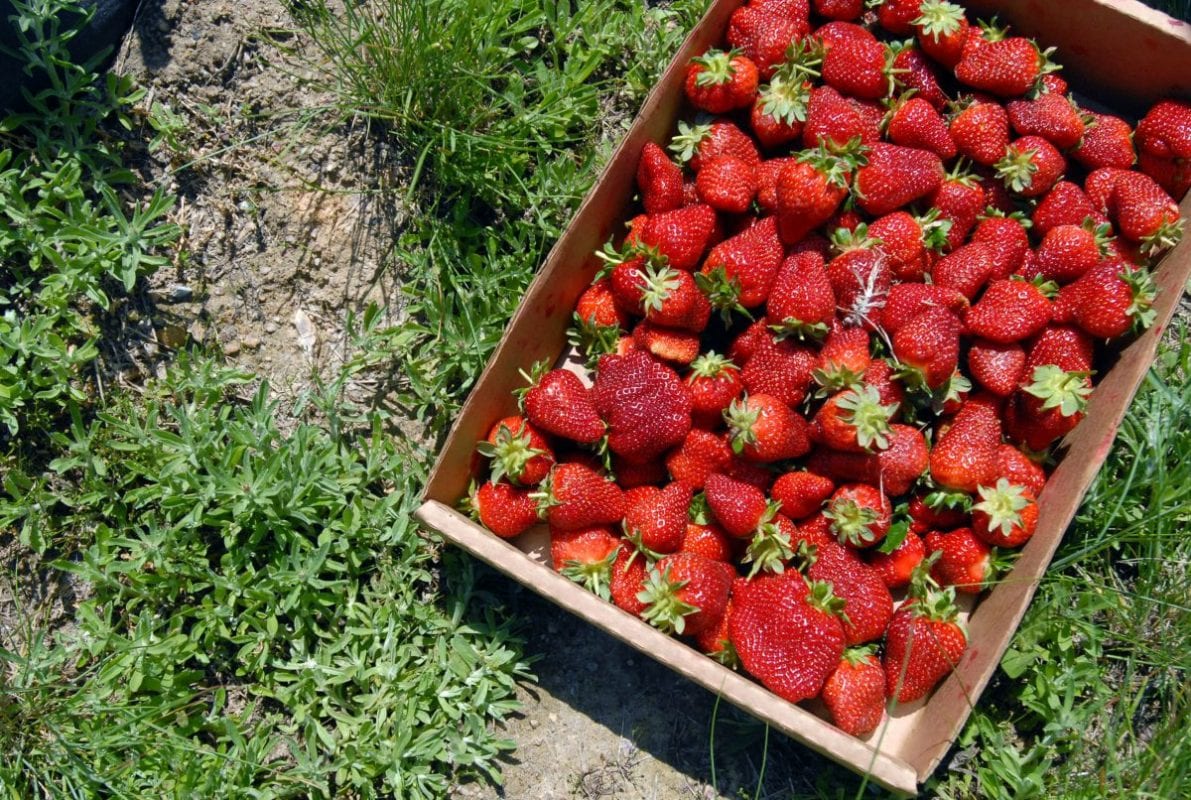Going organic is all the buzz nowadays. More people are becoming aware of the health risks posed by preservatives and other chemicals found in regular food products. Many are opting to live healthier lifestyles and deciding to purchase only certified organic items, from food to personal beauty and personal care products.
Organic foods are undoubtedly more expensive, but they’re your only healthy alternatives for regular grocery food items, which contain potentially unhealthy additives. The best examples of these are organic fruits and vegetables. They’re naturally grown without the use of synthetic pesticides, chemical fertilizers, and GMOs or bioengineered genes. If you want more reasons to go organic, here are some of the benefits you should know:
1. Higher Antioxidant Levels
Organic foods contain a considerably high content of antioxidants compared with non-organically produced crops. Antioxidants are natural compounds that inhibit or slow down the decay of cells in the human body caused by free radicals. The body manufactures both antioxidants and free radicals. It’s the antioxidants job to control the damaging effects of free radicals. This process is essential in maintaining a healthy heart and fair skin as it is proven to fight off stress. Consuming antioxidant-rich foods also lowers the risk of cancer, stroke, and infections.
2. More Nutritional Content
Conventionally produced fruits and vegetables contain nutrients, vitamins, and minerals that are needed by the body. Indeed, it’s still a better choice over junk foods. However, organic fruits and vegetables contain more of this good stuff. They have higher amounts of vitamin C, iron, and calcium. It’s because these crops are able to grow naturally without chemicals that they also naturally and abundantly produce these nutrients.
3. GMO-Free
Bioengineering crops give way to more production. Agricultural scientists alter crop DNA so the plants can produce their own insecticide or be resistant to pests. The problem is GMOs (genetically modified organisms) could potentially cause various health risks such as infertility, cancer, Alzheimer’s disease, and allergies. Organic foods, on the other hand, are natural and unaltered, so you know you’re not consuming any GMOs and you have less to worry about.
4. Chemical-Free
Some laws regulate the use of chemical pesticides, insecticides, and fertilizers used in conventional farms. It’s said that these farms keep the residual chemicals at a minimum amount so that the products are still very safe for human consumption. However, if you buy these fruits and vegetables every week and consume them every single day, how do you think those chemicals will add up? You can wash them multiple times if you want, but there could be stubborn chemicals that don’t get washed away by water. If you want to be sure that you’re consuming pure fruit and vegetables, buy only organic produce.
5. Environmentally Friendly
Because organic farms don’t use chemicals to grow their crops, they’re making a huge difference in keeping the environment chemical-free. This is good for human and animal health alike. In addition to that, organic farming practices also reduce soil erosion, improve soil fertility, and use less energy. You, as a consumer, are also indirectly contributing to this feat.
6. Richer Taste
As organic produce grow in naturally rich and fertile soils and not coated with chemical residue, its taste remains rich and satisfying. Also, organic plants grow at a much slower rate than conventional plants because there are no growth-inducing chemicals used on them. This slow growth allows more of the actual fruit or vegetable to grow instead of more water. So an organic fruit or vegetable has more of the food in it.
7. Guaranteed Fresh
When it’s time to harvest organically produced crops, they’re immediately packed and brought to the stores. Because no preservatives are used to prolong their shelf life, they have to be sold as soon as they reach the shelves. This means that you’re eating fresh produce and not some food from taken from the freezer.
No price tag can replace the value of health. Buying organic means you’re buying a better quality of food and better health as well. Besides, growing crops in the most natural way is how it’s supposed to be done. If you’re not satisfied with a certified organic seal on the fruits and vegetables displayed at the grocery store, you might as well start your own organic garden. Many people across the country are planting organic fruits and vegetables in their backyard and have successfully grown their own food. Try it. Not only will you learn to love agriculture and enjoy it with your children, but you’re also guaranteed a fresh harvest.








